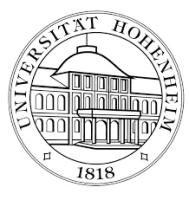Coral Bleaching Data
Coral bleaching is a major phenomon affecting coral reefs around the world. An initial database of bleaching observations was compiled by UNEP-WCMC using a variety of sources. This database has been expanded by Dr. J. Oliver, Mr. Y. Yusuf and Ms. Nurulhuda Ahmad Fatan from WorldFish, using information from the ReefBase database, the Great Barrier Reef Marine Park Authority (GBRMPA), the CoralList, and other sources of information. This dataset also includes observations indicating no bleaching
Assessing Farm-Level Impact of GIFT in China
Producer and hatchery data on provinces in China that have adopted genetically improved farmed tilapia (GIFT).
Lesser Sunda - Banda Seascape Boundary
The Lesser Sunda - Banda Seascape (SBS) lies in the center of Coral Triangle area, a world-renowned center of marine biodiversity. The region is a global conservation priority based on its high diversity of coral reef species, high reef habitat diversity, strategic role in connectivity, significant role in sea turtle life cycles and significant to highly endangered oceanic cetaceans (Huffard et al., 2012). SBS signifies the entire Seascape, which encompasses two large ecoregions: the Lesser Sunda Ecoregion and the Banda Sea Ecoregion.


